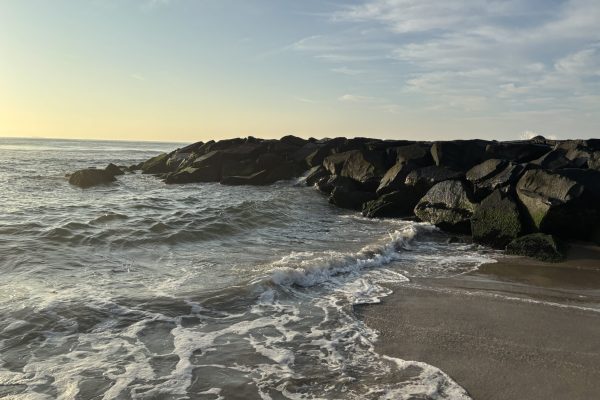Tradition has it that when Abraham entered into the covenant with God through the ritual of circumcision, Sarah, his wife, entered the covenant through ritual immersion in a mikveh. (A mikveh is a ritual bath.)
Some families choose to center their naming ritual around the use of a mikveh or to use a small baby tub symbolic of a real mikveh. Natural bodies of water (lakes, ponds, oceans) can also be used as mikvaot in addition to baths built explicitly for that purpose.
Some words to use for the Covenant of Mikveh:
Our mothers, Rebekah and Rachel, were betrothed and began new lives at the gently flowing waters of the well.
Our mother Yocheved gave life to her child Moses in the ever-flowing waters of the Nile.
Our sister Miriam danced for the saving of lives beside the overflowing waters of the Sea of Reeds.
Water is God’s gift to living souls, to cleanse us, to purify us, to sustain us, and to renew us.
Moses and Aaron and the priests of Israel washed with cleansing waters before attending to God’s service at the altar.
As God separated the waters in the First Creation so do we ask that protecting waters surround this child.
As it is written: “I will sprinkle clean water upon you and you shall be clean.” (Ezekiel 36)
And it is written: “I am a well of living waters, a garden spring, a stream flowing from the heights of Lebanon.” (Song of Songs 4:15)
You are Blessed, O God, Spirit (Sovereign) of the World, who has sanctified us with Your commandments, and commanded us concerning Immersion.
Masculine:
![]()
Barukh atah adonai eloheynu melekh ha’olam asher kidshanu b’mitzvotav v’tzivanu al ha’mikvah.
Feminine:
![]()
B’rukhah at ya eloheinu ruah ha’olam asher kid’shatnu b’mitzvoteyha v’tzivatnu al ha’mikvah.










